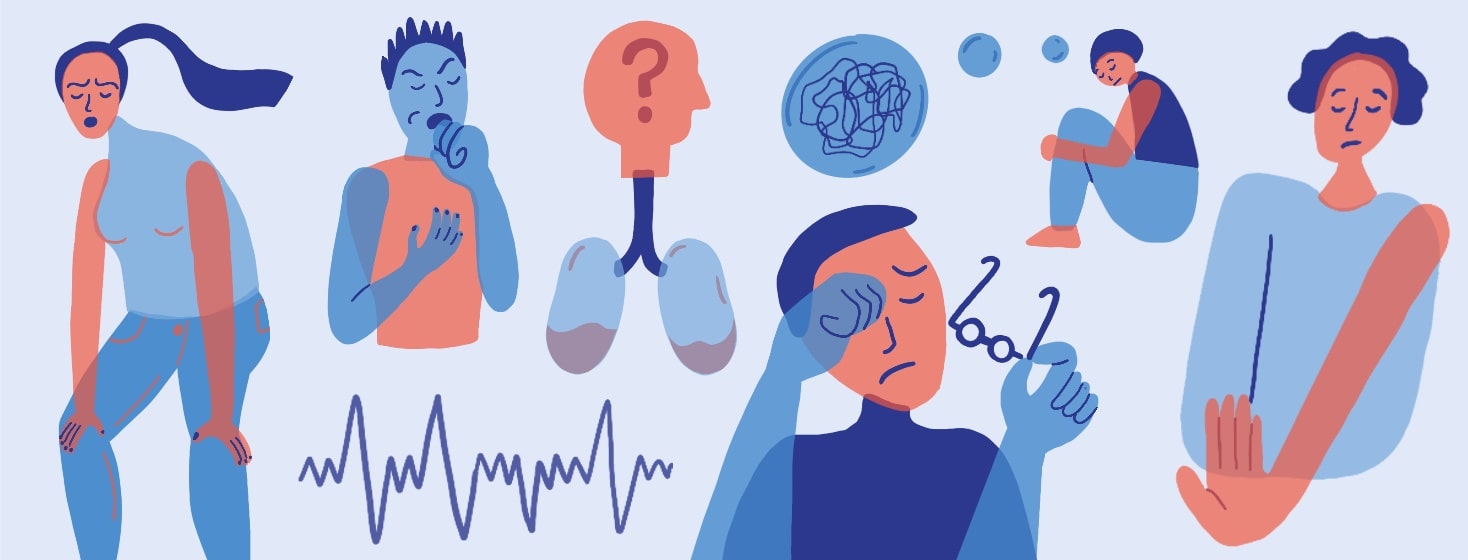I Can Empathize With My COPD Patients
I've always found a unique connection with my COPD patients, thanks to my own battle with severe asthma. It fosters some enlightening conversations.
The interesting aspect of asthma is its reversibility – shortness of breath may linger for a while, but with rest, time, and treatment, it usually improves. It's a perk I appreciate, but as I've recently experienced, it's not always a guarantee.
Navigating asthma flares
About a month ago, an asthma flare-up prompted a hiatus from my regular fitness center visits. Typically, a round of steroids gets me back on track within a week or so. However, this time, the asthma seems reluctant to release its grip on my chest.
The standard advice in such situations is to rest. But, as any fitness enthusiast knows, the dilemma arises: How long do you rest before taking action to reclaim your spot on the bike or elliptical?
The longer the hiatus, the more my muscles relax into flaccidity, and my belly seems to expand from perhaps a bit too much comfort eating.
However, when you're struggling to catch your breath, you quickly realize that overeating is counterproductive. A full stomach can lead to bloating, exerting additional pressure on your diaphragm, and worsening breathing difficulties.
That's when the lesson hits home. Or, at least, it's a reminder for me – that opting for smaller, more frequent meals is a better choice than three larger ones.
Yet, staying active becomes another challenge. Prolonged periods of inactivity aren't ideal, either.
Balance and breathlessness
Here, I find common ground with my COPD patients. The temptation to remain seated on the couch, where you're assured of easy breathing, is strong. The alternative – standing up and risking chest tightness and shortness of breath – becomes a bit of a double-edged sword.
Fortunately, work hasn't been impacted, and being a respiratory therapist in a currently not-so-busy hospital has its perks (knock on wood). My fantastic coworkers deserve a shout-out – they've taken over the blood draws, considering my jittery state from multiple breathing treatments, steroids, and, well, maybe a tad too much caffeine (guilty as charged!).
The silver lining of my job is the opportunity to move around. Even with the challenges, getting out and walking through the hospital provides some much-needed physical activity.
Uncertainty with symptoms
The question of whether I have COPD has crossed my mind more than once. I wrote about this in my post Do I Have COPD? While I've never deliberately exposed myself to cigarette smoke, the unavoidable exposure in bars and restaurants, along with my grandpa's smoking, was part of life.
I followed my dad's advice to steer clear of jobs with airway irritants. Yet, I'm aware that severe asthma can sometimes evolve into COPD. I wrote about this in my post When Does Asthma Become COPD?
Daily use of rescue medication, even on good days when I get short of breath, adds another layer to the pondering. Nevertheless, I'm not quite ready to embrace that diagnosis.
Regardless of the outcome, I empathize deeply. I understand the internal struggle.
Having resilience and empathy
The intricate dance between managing severe asthma, potential COPD concerns, and maintaining an active lifestyle has led me to reflect on the fragility of health and the importance of resilience. Each setback serves as a reminder of the value of empathy, not only toward oneself but also toward those facing similar challenges, like my COPD patients.
As I navigate the ebb and flow of breathlessness, I'm reminded that health is a complex journey with its twists and turns. The connection forged through shared experiences, whether with coworkers, fitness enthusiasts, or those battling respiratory conditions, reinforces the significance of understanding and compassion in our collective struggles.

Join the conversation